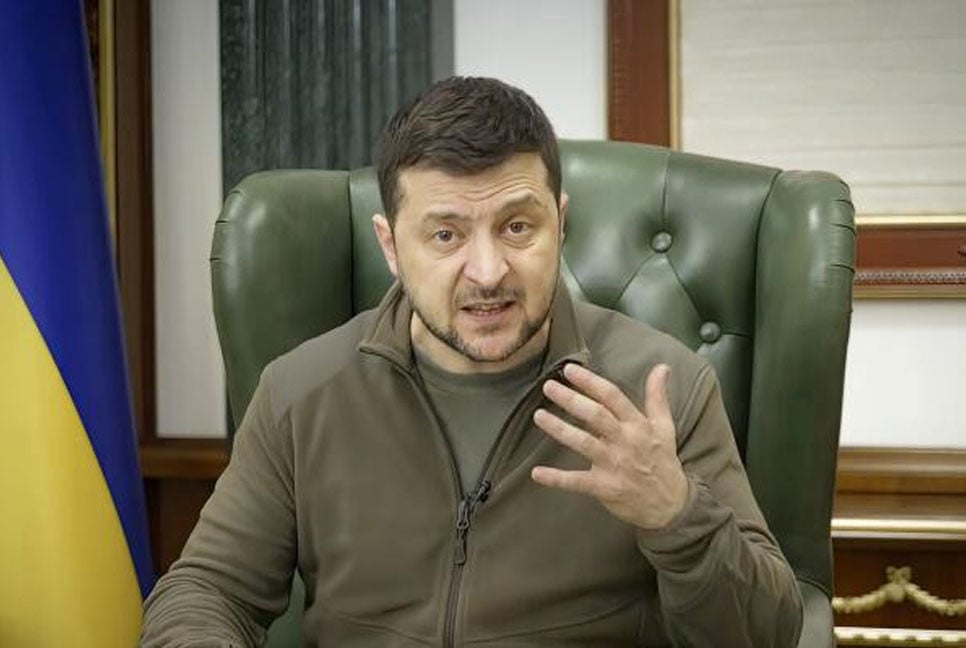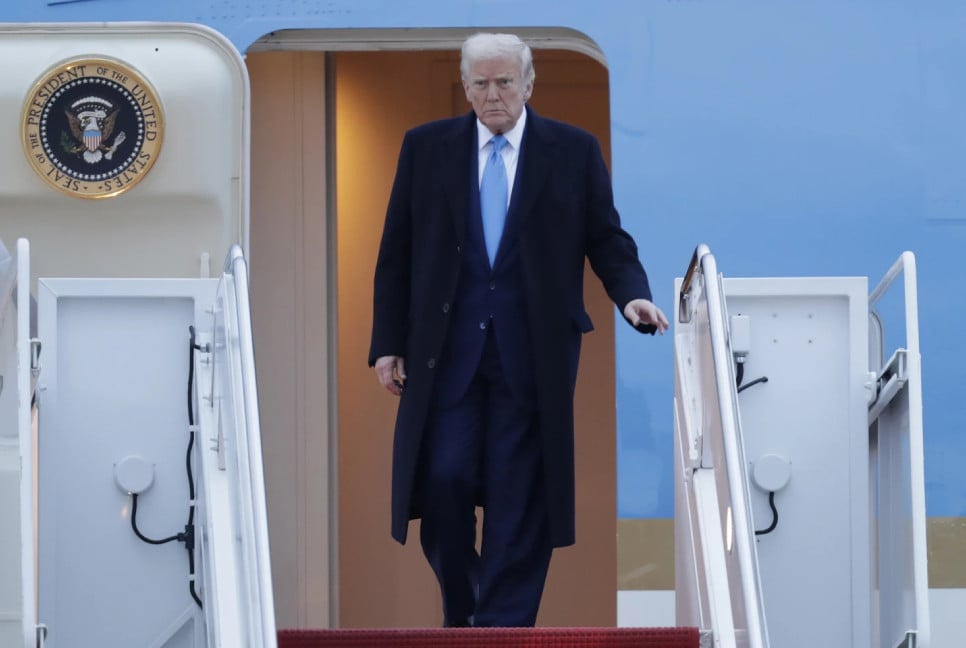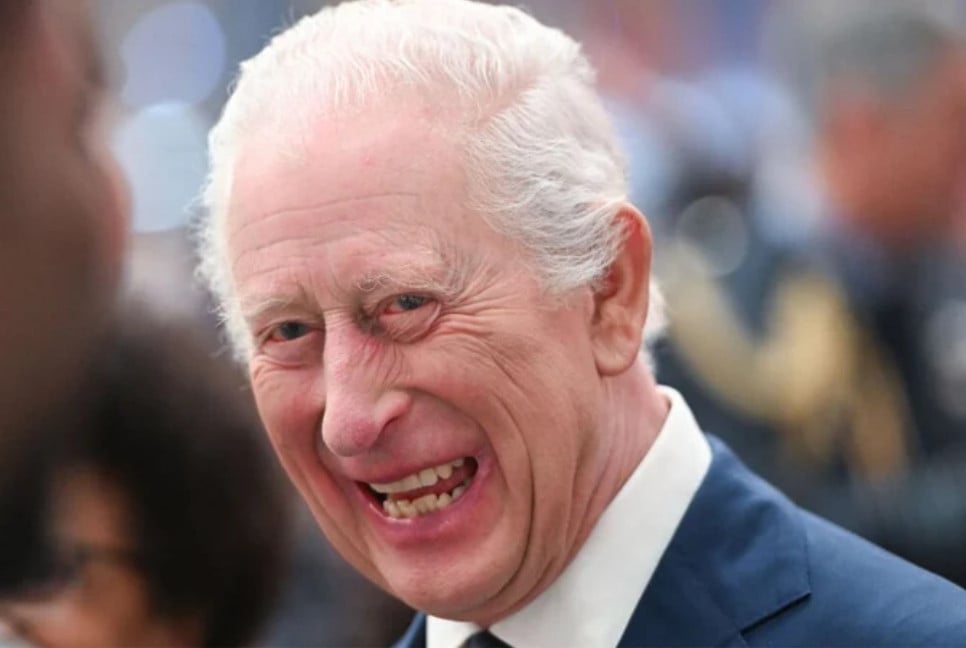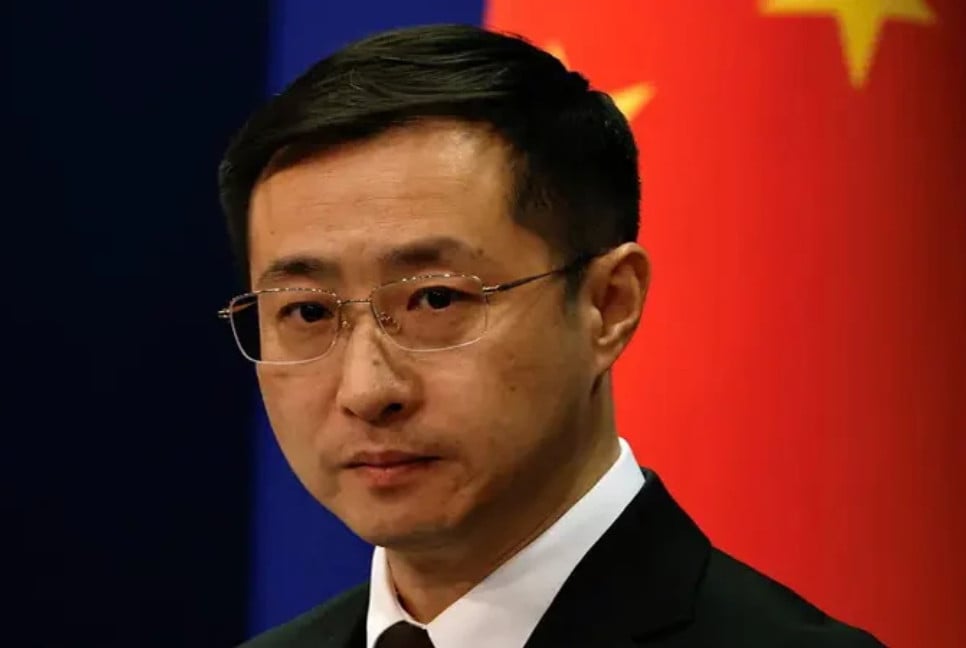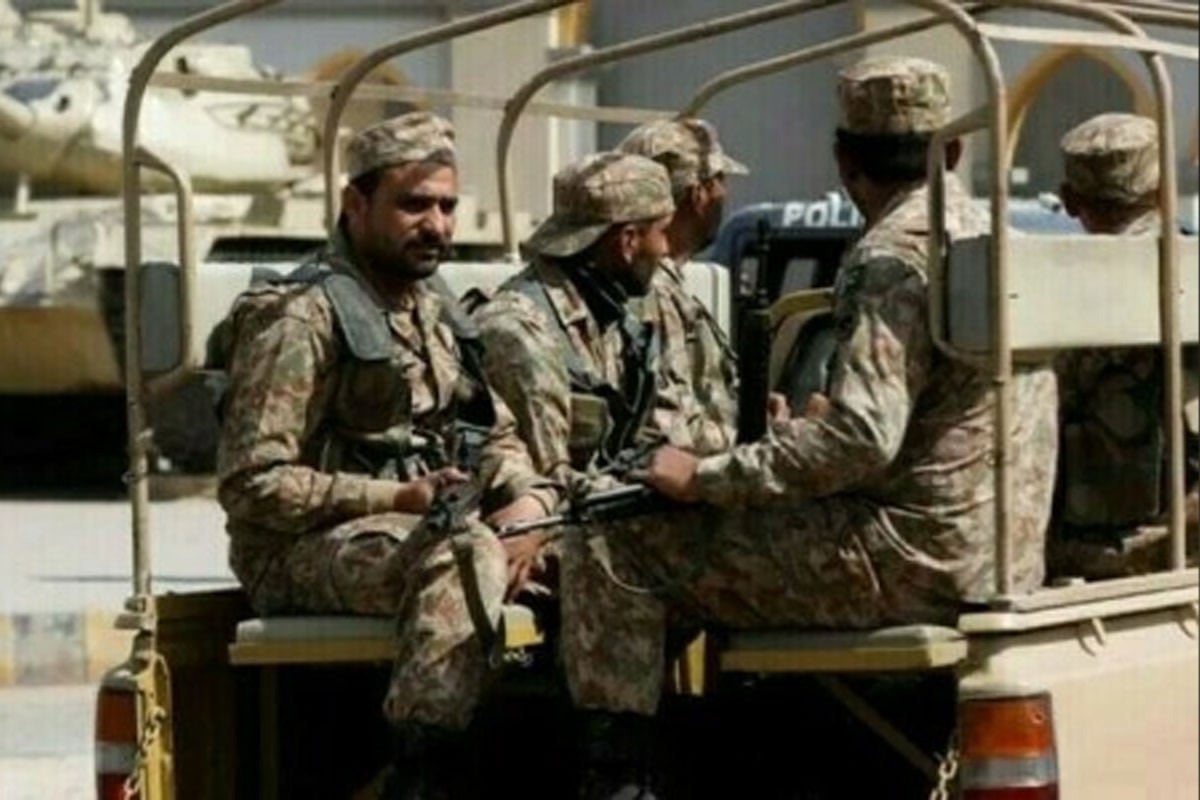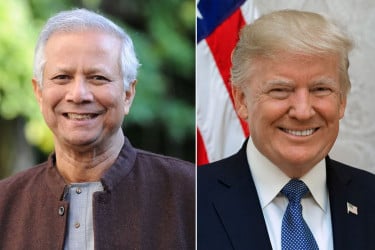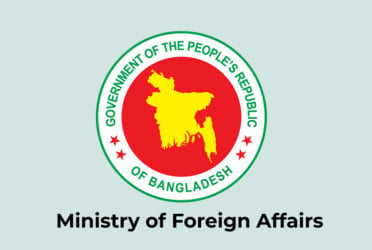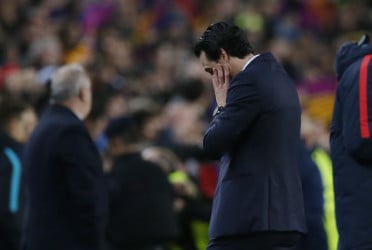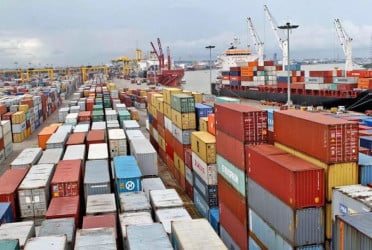Ukrainian President Volodymyr Zelensky has expressed concerns about the United States’ prioritization of Europe, urging European nations to enhance their defense capabilities. Speaking at the World Economic Forum in Davos on Tuesday, he emphasized the importance of Europe taking a more proactive role in its own security, especially as US foreign policy pivots toward other regions, reports RT.
Zelensky argued that while Europeans view the US as an indispensable ally, especially in times of war, Washington does not share the same level of reliance. “Does anyone in the United States worry that Europe might one day leave them or stop being their ally? The answer is no. Washington does not believe that Europe can bring them anything truly significant,” he stated.
He referenced remarks from US officials at the Asia Security Summit last year, where it was acknowledged that Europe ranks third in US strategic priorities, after the Indo-Pacific region and the Middle East. Zelensky warned that Europe risks losing its global relevance if it continues to be sidelined. “Europe cannot afford to be a second or third priority for its allies. If that happens, the world will move forward without Europe, creating a reality where living comfortably here will no longer be possible,” he said.
Since the escalation of the Ukraine conflict in 2022, the US has provided approximately $175 billion in military, economic, and humanitarian aid to Kyiv. Despite this, debates over US priorities remain prominent.
Former US President Donald Trump, during his recent inauguration, reiterated his pledge to resolve the Ukraine conflict swiftly, claiming it could be achieved within 24 hours. His nominee for Ukraine envoy, retired Lieutenant General Keith Kellogg, suggested a peace deal might be possible within 100 days. Meanwhile, Secretary of State Marco Rubio affirmed Ukraine as a “top priority” for the administration, indicating that work on a ceasefire agreement would begin immediately, with both Ukraine and Russia needing to make concessions.
Trump has often criticized European nations for underspending on defense, singling out Germany. During his first term, he called for NATO members to meet their commitment of allocating 2% of GDP to defense, a benchmark many failed to meet. Recently, he doubled down on these demands, advocating for a 5% GDP defense target for European NATO members, arguing they could afford it given their economic strength.
Bd-pratidin English/ Jisan

